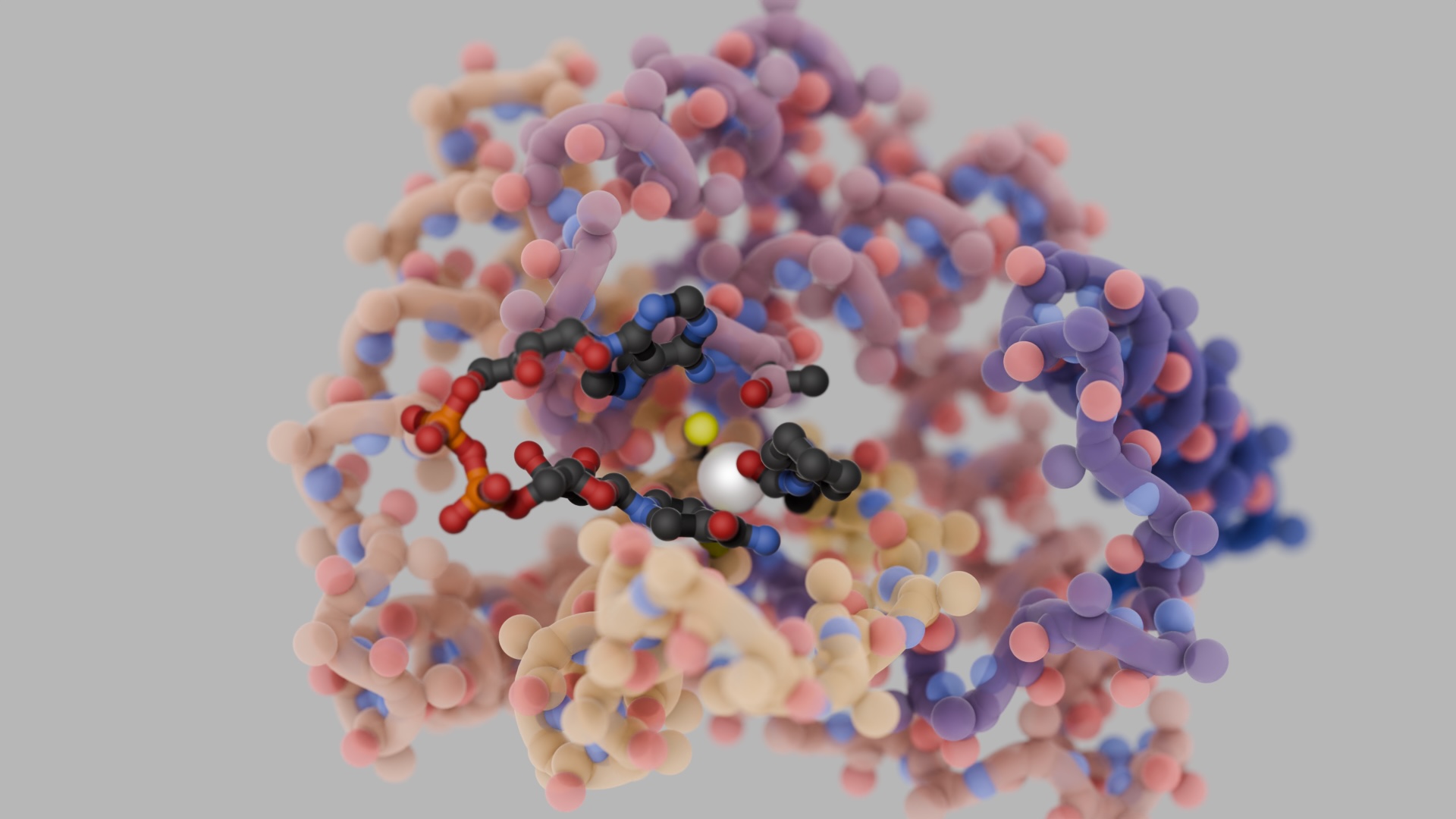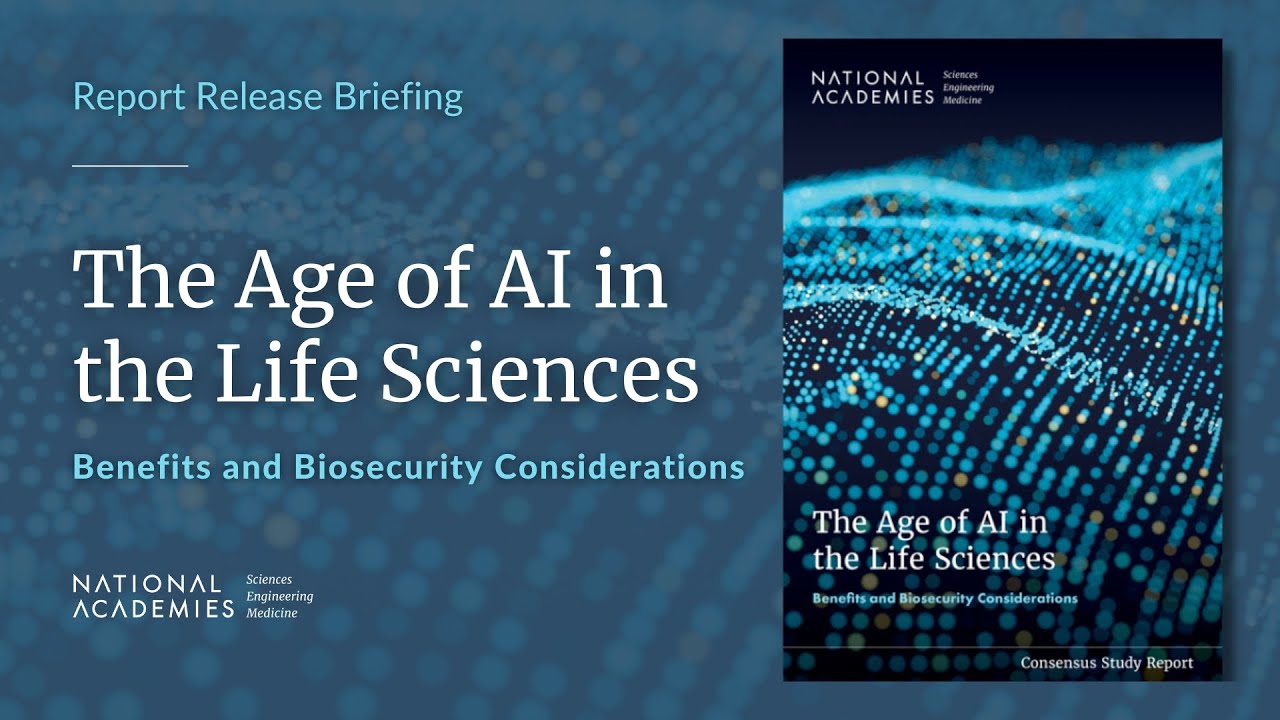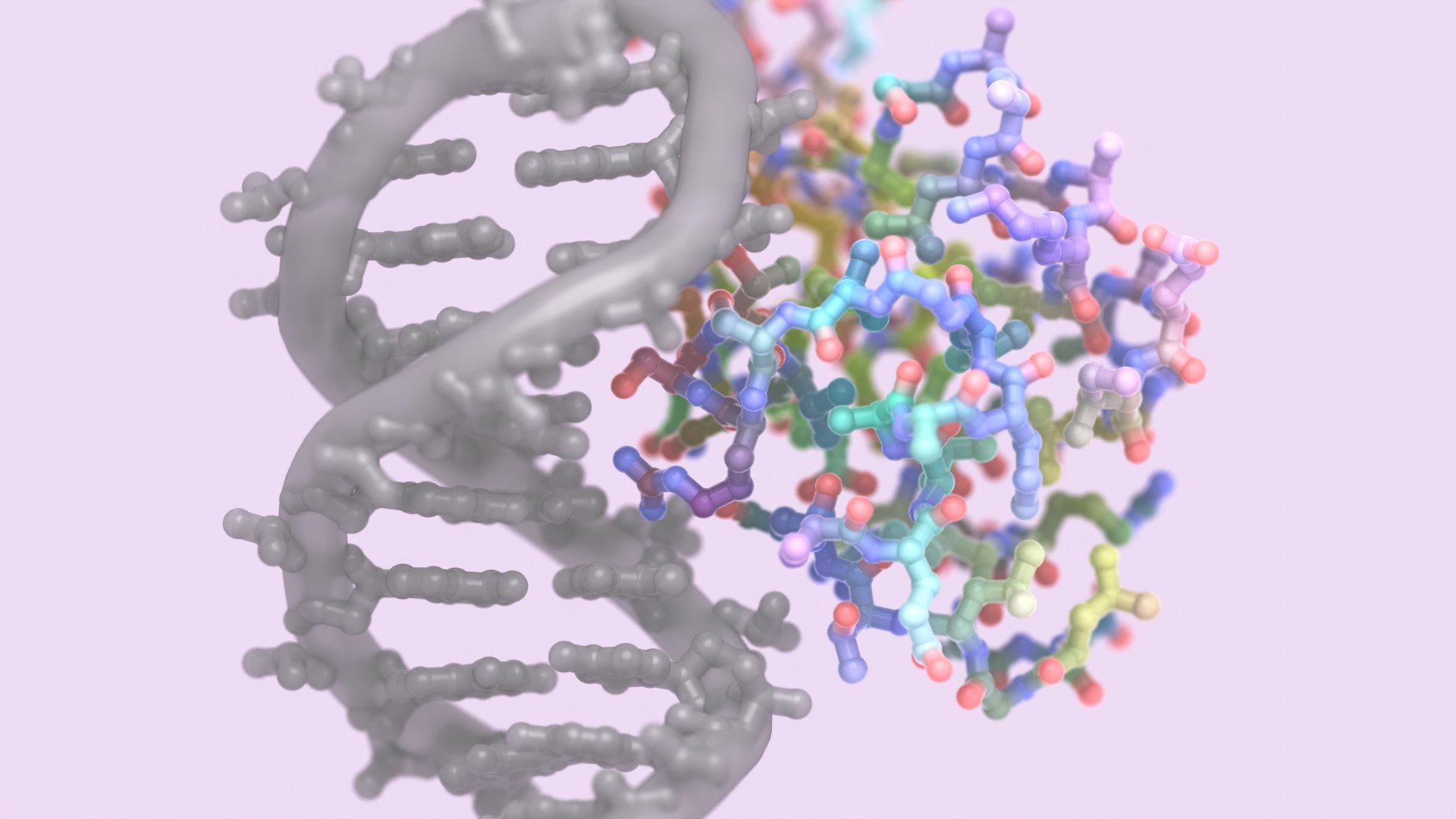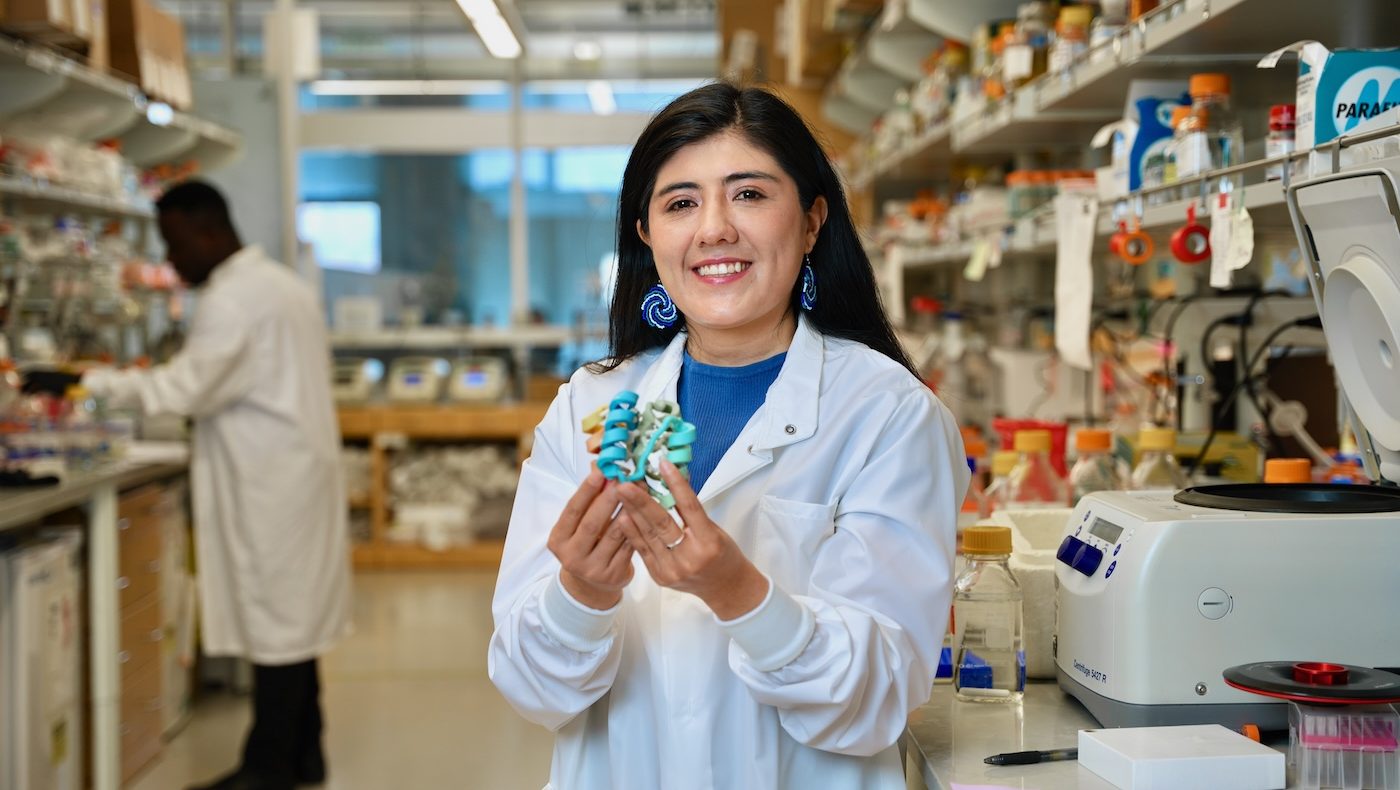As a leader in the use of artificial intelligence (AI) for scientific research, we recently convened a summit on the responsible development and use of AI tools in the field of computational protein design.
The event brought together leading academics from around the world and representatives from several industry, philanthropic, and government organizations, including the White House Office of Science Technology and Policy.
The summit took place Oct. 25 in Seattle in advance of the UK AI Safety Summit, which will occur Nov. 1 in London.
“Protein design is poised to become one of the most important new tools we have for making medicines, including developing countermeasures to future pandemics, and for addressing other global emergencies such as climate change. For this fast-moving area of science to deliver the most good for the world, our community must ensure that we proceed safely and responsibly.”
As an output of the summit, our Institute will participate in a broad community effort to develop voluntary guidelines for researchers to follow as they apply AI to protein research. Such commitments can help establish community standards and encourage ethical behavior on the part of individual scientists by, for example, creating an obligation to report concerning research practices. Once developed, these guidelines will be publicly shared.
Additionally, the Institute for Protein Design has committed to maintaining open and transparent communication with the various government agencies tasked with ensuring that AI systems are safe, secure, and trustworthy. As protein design research is highly international, this will require global coordination across multiple jurisdictions.
Days after the summit, the White House issued an Executive Order on the Safe, Secure, and Trustworthy Development and Use of Artificial Intelligence.
Specifically, President Biden said that “harnessing AI for good and realizing its myriad benefits requires mitigating its substantial risks. This endeavor demands a society-wide effort that includes government, the private sector, academia, and civil society.”
In a fact sheet accompanying the new Executive Order, the White House said its new standards for AI safety and security would “protect against the risks of using AI to engineer dangerous biological materials by developing strong new standards for biological synthesis screening.”
To prevent potentially harmful biomolecules from being manufactured, our Institute supports biological synthesis screening efforts by synthetic DNA manufacturers and is in conversation with the International Gene Synthesis Consortium, a group that develops and applies such screening methods, on ways to strengthen security protocols.
In recent years, the fields of computational protein structure modeling and design have significantly integrated deep learning techniques into research protocols. Deep learning is a subset of artificial intelligence that allows for automated learning on large data sets. For certain research challenges at the Institute for Protein Design, this has yielded a ten-fold or greater improvement in design accuracy and speed.
Examples of newly enabled research include the ability to rapidly create new medicines and advanced technologies to address ecological challenges. Additionally, computationally designed vaccines and biologics are likely to be vital new assets for emergency preparedness and response. Taken together, these developments suggest that AI tools for protein design that are developed in a safe, secure, and trustworthy manner will offer significant benefits for humanity.
The Seattle summit brought together researchers from the field of protein structure modeling and design; philanthropic and government funders of AI research as it pertains to protein design; and experts from a variety of other disciplines, including cybersecurity, the responsible use of AI, biosecurity risk management associated with DNA synthesis, and emergency preparedness and response. The group discussed the enormous potential of protein design to transform medicine and biotechnology, and how to maximize innovation in the field while minimizing potential risks.
About the Institute for Protein Design
We’re creating new proteins that solve modern challenges in medicine, technology, and sustainability. Established in 2012, the Institute is located within the University of Washington School of Medicine in Seattle. Protein design requires expertise in computing, biochemistry, immunology, and other science disciplines. Our faculty, staff, postdoctoral fellows, and graduate students — together with their partners from collaborating institutions, innovator networks, and the computer and biotechnology industries — are focused on a single goal: exploring the potential of protein design to benefit all.






